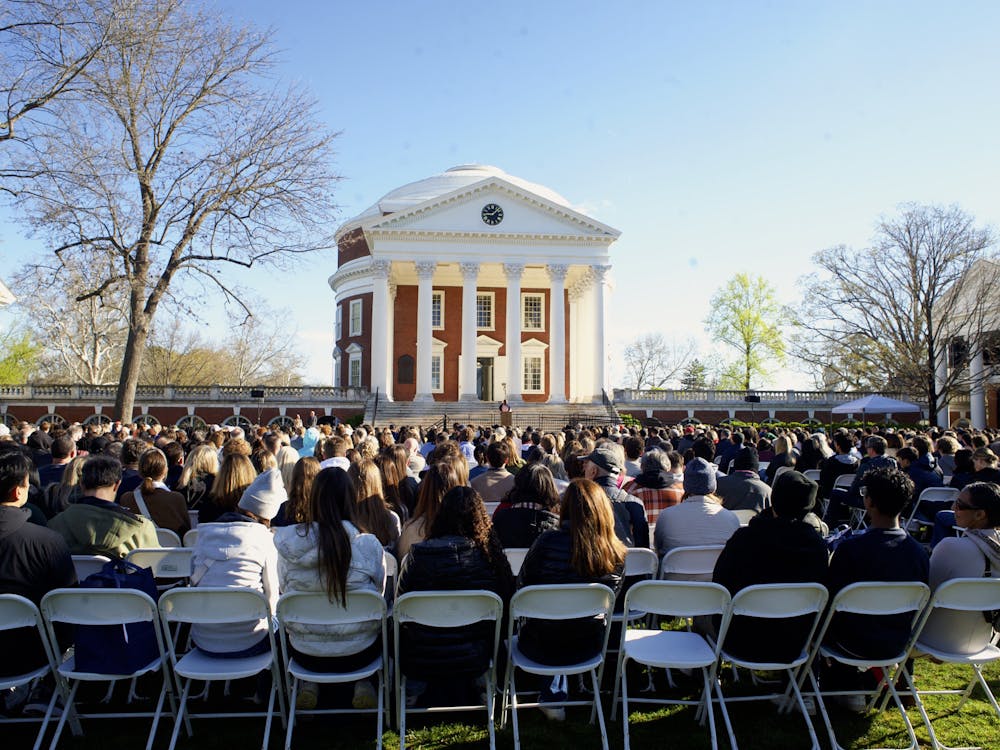While spending time in Seville, I found it easy to feel like I was living in a storybook. For those few days, life was a fairytale in which sidewalks were lined with orange trees, stores closed mid-afternoon while workers and shoppers engaged in a city-wide catnap and I could order a glass of sangria with lunch unquestioned. In many ways, Seville was a dream come true.
Of course, in equating my stay in Spain to a dream, I fail to conceptualize that for many people, those small treasures I cherished comprise a daily reality.
While enjoying tapas in the late afternoon of the day we arrived in Spain, my family and I chatted admiringly of the comparatively slower pace of life there. It offers such a stark contrast, we observed, to the regimented, hustle-bustle nature of life we'd come to know in New England (which, admittedly, illustrates only a small sample of life in the United States in general, but the northeast is where I grew up and its culture is the one I'm most acquainted with).
In this conversation, we touched upon the idea that Americans seem to enjoy traveling abroad in part because they find it to be a mental break from the unfaltering urgency and pressure felt at home. It's as if we come abroad to appreciate someone's else's lifestyle as a quaint, almost provincial diversion from the norm — one we gladly adopt for a week or so at a time before dutifully heading back to where "real" life happens, in the land of the free and the home of the unlimited cellular data plans.
I found myself experiencing staunch aversion to this sentiment. It felt awfully condescending, the way we effectively asserted our capitalistic, deadline-oriented and certainly-not-stopping-for-a-siesta kind of lifestyle as a norm, rendering every alternate way of life merely endearing. It presents an apt illustration of the grossly ethnocentric, flag-waving, freedom rhetoric-employing, overzealous bald eagle-worshipping strain of American nationalism that I, as a child of a multicultural household, could never bring myself to identify with.
My lingering feeling of discomfort with my own elitism became painful after crossing the Gibraltar via ferry and spending a day in Tangier. As we navigated the labyrinth of the casbah, our tour guide seemed to make a spectacle of the pervasive, extreme poverty experienced there.
He pointed out the electrical lines by which neighbors who could afford electricity selflessly lent it to those who couldn't. My family admired the sentiment, and took pictures. At one point, our guide explained to us how a woman in one of the homes we passed had no legs, no electricity and no children — a casual addendum, as if she were just another point of mention on the tour. We gave her 60 euros and continued on.
I felt wildly uncomfortable that day. The feeling went beyond the standard level of embarrassment that accompanies being an obvious tourist. I was ashamed of having made a vacation out of gaping at a lifestyle that differed from my own.
Of course, there's always the argument that traveling is something we do with the hopes of appreciating other cultures and pioneering grounds for fostering of common understanding. That's a lovely sentiment, but when we're traveling within the confines of a guided tour, such a noble agenda is overtaken by what seems like more of a stroll through a human museum. Though sure to impart fascinating insight as to the historical and social significance of every passing building and street corner it is altogether less than conducive to making meaningful conversation with locals or generating substantial understanding of life in a given area. And that, to me, is unsettling.
As a lifelong proponent of international travel, I have to wonder what kind of trip is most meaningful. Studying or living abroad, I'm sure, are the most effective ways to immerse oneself in a new culture insofar as they make cultural understanding not just a brief interlude in one's holiday season, but a complete chapter of one's life.
Ultimately, these feelings I experienced in Tangier were hard to reconcile with my growing apprehension toward breaching a level of overly aggressive political correctness. Regardless, I think there's definitely something to be said for grounding international travel in substance and seeing viewing foreign practices as more than merely "foreign."





